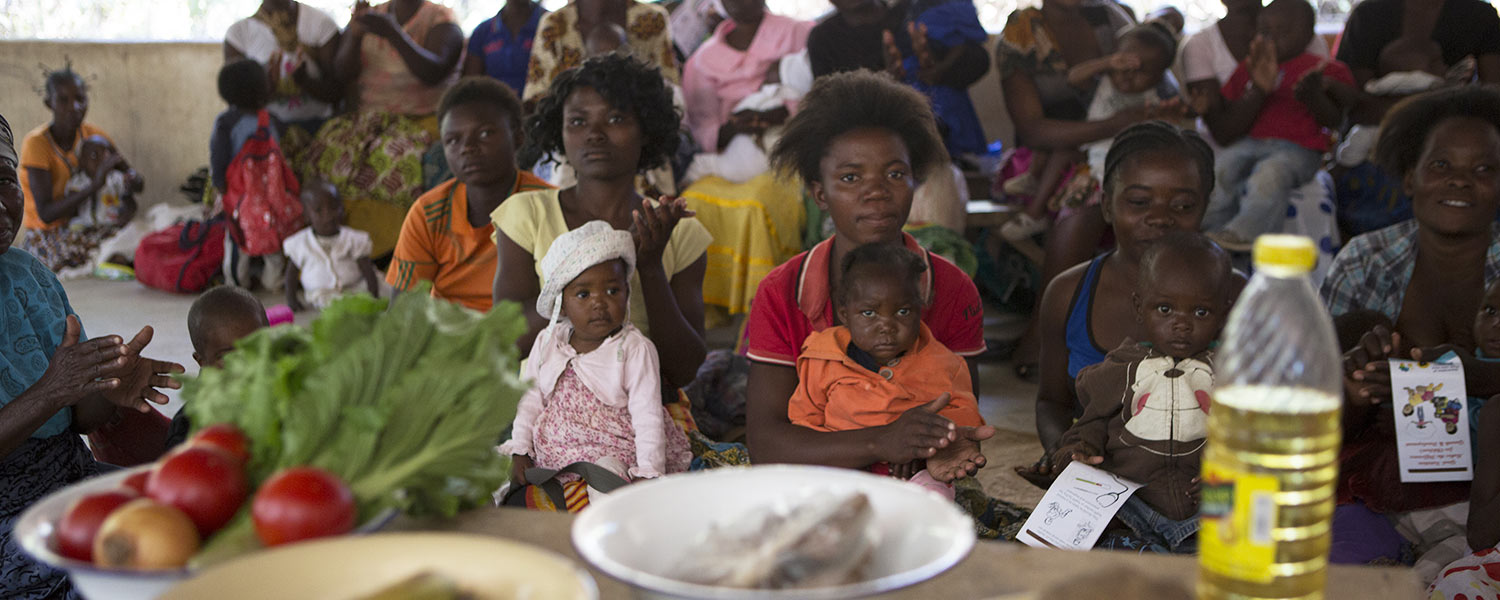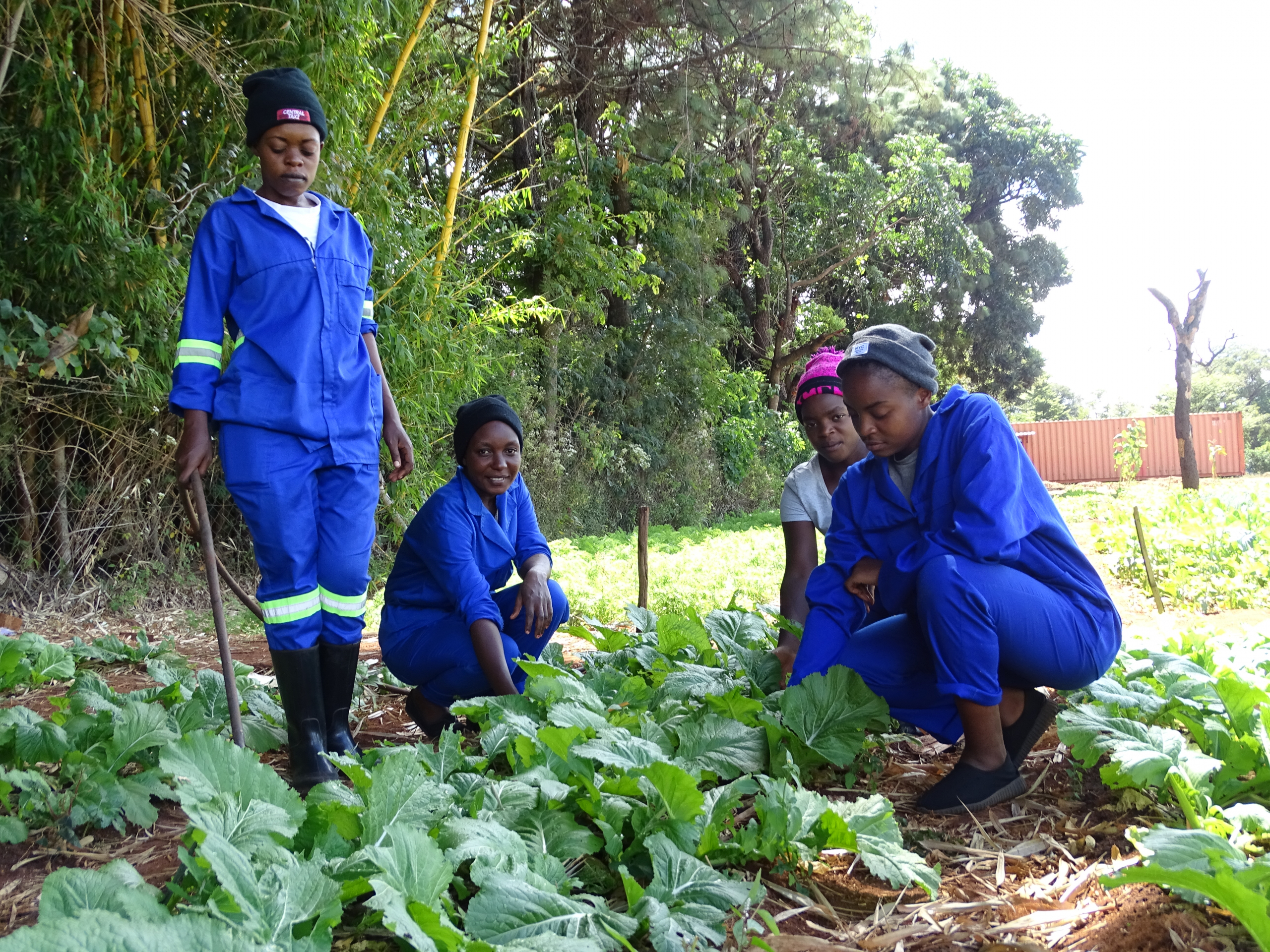The project started in 1998 as a large-scale model of care for orphans and vulnerable children based on a network of already active local NGOs and CBOs. The aim was developing, empowering and coordinating them to better care for vulnerable children.
In 2001, Rainbow Project was mandated by the Ndola District Health Authorities to develop and operate supplementary feeding programs (SFPs) to manage malnutrition in children aged 6 to 59 months.
Today, there are 11 Rainbow SFPs in Ndola district. The SFPs are run by small local CBOs, coordinated and supported by the Rainbow Project office, which works in close collaboration with local health facilities, the district children’s hospital, Ndola District Health Management Teams (DHMTs) and other health authorities. Due to shortcomings of local outpatient therapeutic programmes (OTPs), Rainbow Project SFPs have expanded their admission criteria to include children with severe acute malnutrition (SAM), moderate acute malnutrition (MAM) and underweight.
Every year, more than 1.000 malnourished children are assisted with a rate cure above 85%. The monitoring and evaluations activities are supervised by the Department of Biomedicine and Prevention of the University of Rome Tor Vergata (Italy) that provides data analysis and scientific reports.
Rainbow Project is part of the platform “the state of acute malnutrition” and it is a member of the Zambia Civil Society Scaling Up Nutrition Alliance .
Rainbow Project supports also:
– 300 elderly people in Ndola and Kitwe with monthly distribution of food supplies
– 300 children in the Government school with school fees and supplies
– 5 community schools with teacher allowance and school requisitions


